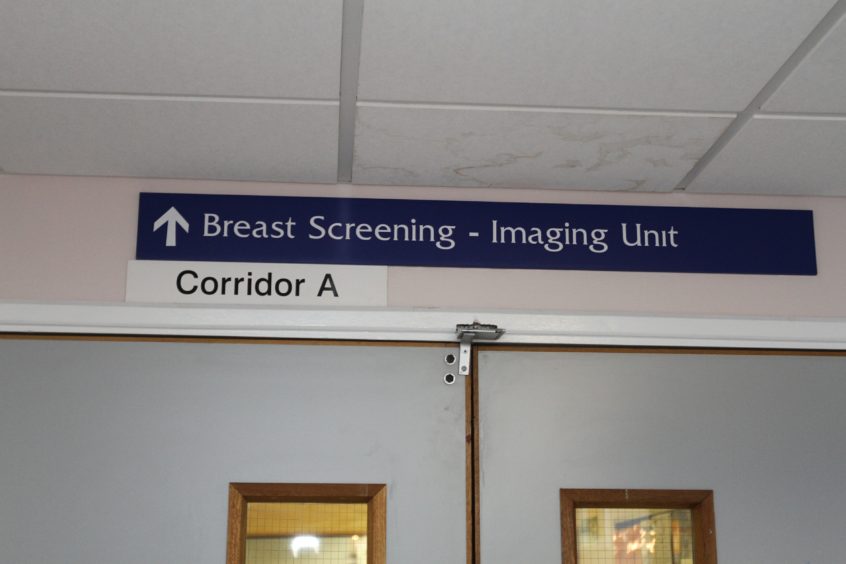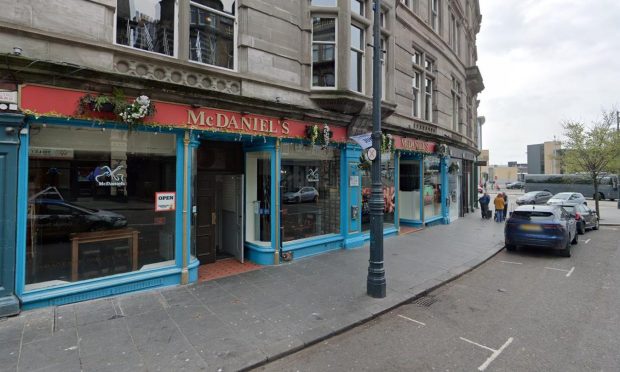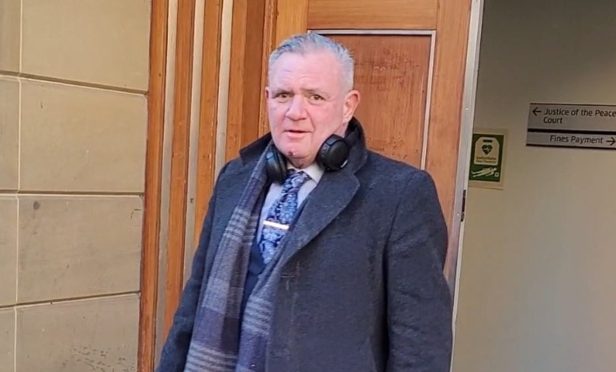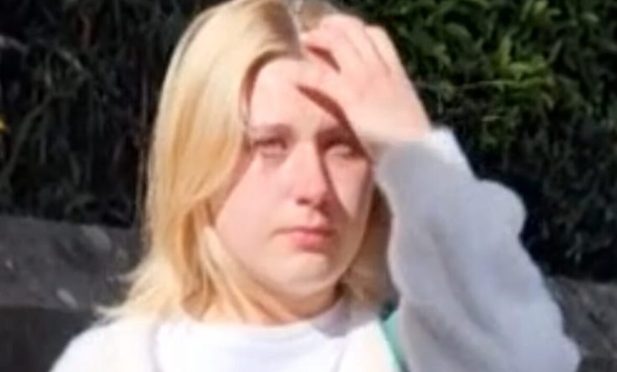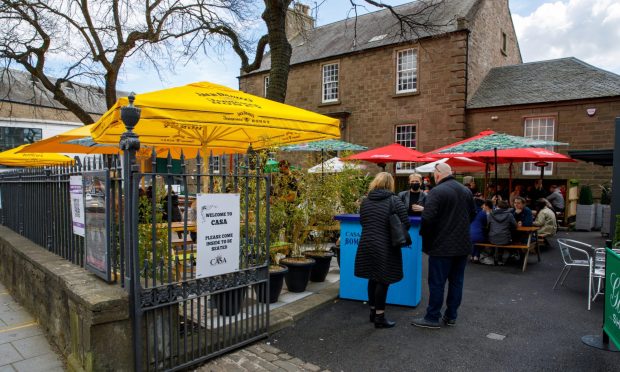Breast cancer patients in Tayside who were given lower than standard chemotherapy doses have accused officials of presiding over a “catastrophic breakdown of communication” over their care.
In a letter in The Courier, members of the NHS Tayside Cancer Care Support Group describe how they were failed by an “entire system” linking across NHS Tayside, regulatory bodies and the Scottish Government.
The group said a “crucially distressing” aspect for patients and families had been the failure to provide “solid data” to support clinical decisions, particularly in the cases of 14 patients who died while receiving the treatment.
They write: “It may be that their loved ones need not have suffered the outcomes they did.
“Equally, for those amongst us who are suffering, or may suffer in future from a recurrence of disease, there is a considerable burden that must be shouldered given that our treatment could be considered sub-optimal based on current guidelines for dosing.
“The chain of decision making that took place here was entirely preventable.”
The patients’ group said official reports commissioned by the Scottish Government and other professional bodies had “resolutely failed to recognise the effects on the patients and families who must live with this”.
It railed against the focus on “team dynamics and focus” rather than the impact on those directly affected but said it would be “most willing to hold an audience with those that seem to have only a partial view of these events”.
The group added that empowering individuals to make decisions on their own care, “alongside rigorous adherence to guidelines”, would help to ensure patients do not face similar issues again in the future.
Scottish Conservative health spokesman Miles Briggs has written to health secretary Jeane Freeman to “ask what steps the Scottish Government is taking to restore public confidence in NHS Tayside”.
He said: “It is vital that families and patients in NHS Tayside get answers and we see full transparency from SNP Scottish ministers on why we have a disparity on chemotherapy treatment to the recommended national guidance.
“Patients’ confidence in NHS Tayside has clearly been impacted and morale of NHS staff will clearly also be affected. We need to now see the leadership get answers and take action.”
A Scottish Government spokesman said: “This was obviously very distressing for patients and we sympathise with all the women involved.
“We can now assure all women with breast cancer in Tayside that they will be treated in the same way as any other patient in Scotland.
“Various reviews and independent assessments offered recommendations to NHS Tayside, the Scottish Government and regional cancer networks, so we are focused on taking these forward. Hearing from affected patients was a key part of the reviews.
“Our action group will meet this month to take forward at pace all of the recommendations from the independent review into this issue.”
IN FULL: Patients’ letter to the The Courier outlines distress at how officials have handled dosing row
Dear sir,
As patients who were affected by the choice of NHS Tayside to disregard current clinical management guidelines surrounding chemotherapy doses, we feel that your recent coverage on the plight of the clinicians in question requires response.
This is a complex, multi-faceted issue which does not involve one individual, or one particular decision. This is an issue of an entire system failing, starting initially with how clinical policy decisions were made, followed through upon, and assessed in the cancer care network. This is an issue which links across NHS Tayside, regulatory bodies, and the Scottish Government, and therefore represents a catastrophic failure of communication.
A crucially distressing aspect of this is that for the families of the deceased, there is a duty to provide solid data that supports the clinical decisions taken in their cases. It may be that their loved ones need not have suffered the outcomes they did. Equally, for those amongst us who are suffering, or may suffer in future from a recurrence of disease, there is a considerable burden that must be shouldered given that our treatment could be considered sub-optimal based on current guidelines for dosing. The chain of decision making that took place here was entirely preventable.
Further, several recently commissioned official reports on the matter have resolutely failed to recognise the effect on the patients and families who must live with this, preferring to deal in analysis of team dynamics and policies. We feel that the existing coverage omits the real-world effects of this on those affected and that much more detail must be added to provide a comprehensive picture. To that end, our group would be most willing to hold an audience with those that seem to have only a partial view of these events.
Whilst it is inevitable that there will be emotions on both sides, it is imperative that no one loses sight of the serious issues that require urgent, concerted focus.
Improving practice policies by ensuring patients are empowered regarding decisions for their care, alongside rigorous adherence to the guidelines which inform consent, as a baseline, will hopefully ensure events like these do not reoccur.
NHS Tayside Cancer Care Support Group

